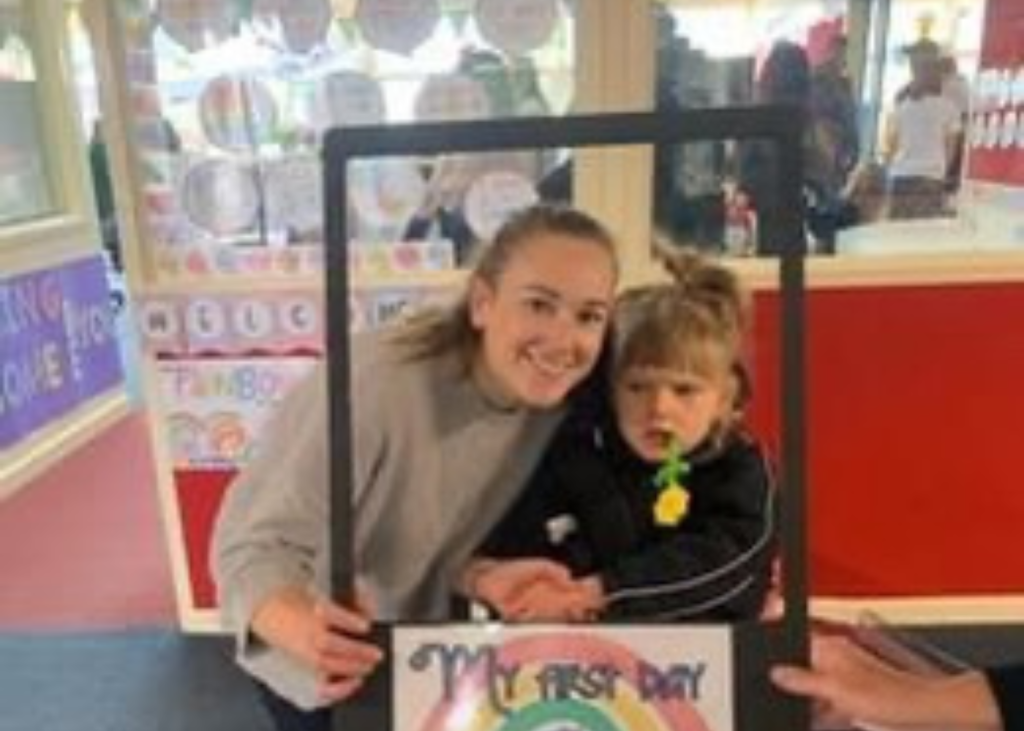We bring you a series of short reads from women just like you.
Source Mamas raising their kids with disabilities. The tears, the triumphs, the raw and the real.
How did you first become aware that there might be a concern about your child’s health or development? What were the early signs that led you to seek a diagnosis?
As a first time Mum, a lot of early concerns I had about her development were dismissed. It wasn’t until she had a seizure at 8 months that things were taken seriously.
Can you tell me a bit about the diagnosis your child received? What does it mean, and how does it affect your child’s life?
After her first seizure, she had many more and they proved to be drug resistant, so no medications appeared to help. She eventually underwent a drastic surgery, a hemispherectomy, where half the brain is disconnected, leaving her with many physical deficits.
Unfortunately, this didn’t work either. A research project completed post surgery eventually left us with a diagnosis of CDKL5, a rare genetic condition characterised with uncontrolled seizures, developmental delays and a number of other things. This was a hard diagnosis to swallow. If it was found earlier, surgery would not have happened.
How has the diagnosis impacted your family dynamics and daily routines? Have there been any specific challenges or adjustments you’ve had to make to support your child?
It’s definitely been a tricky journey; Goldie now uses a wheelchair and due to her daily multiple seizures she requires 1:1 attention at all times. We have had to renovate our home and buy a new vehicle to make it accessible. We are lucky to live in a beautiful community with lots of friends and family around to help.
What kind of treatments, therapies, or interventions has your child been receiving? How have these approaches helped your child’s development and well-being?
Goldie sees a physio, OT and speech therapist, and they visit her school to help them integrate therapies into her learning program.
As a parent, what are your primary concerns and hopes for your child’s future in light of their diagnosis? How can those around you offer support during this time?
Excitingly, there is a lot of research underway for CDKL5, and gene therapy trials are looking promising for the future.
In the meantime, we just have to ride rollercoaster and be prepared for challenges ahead. Even a simple check in to make sure we are doing okay makes a difference.
We just hope she continues to grow happily alongside her brother and friends.




